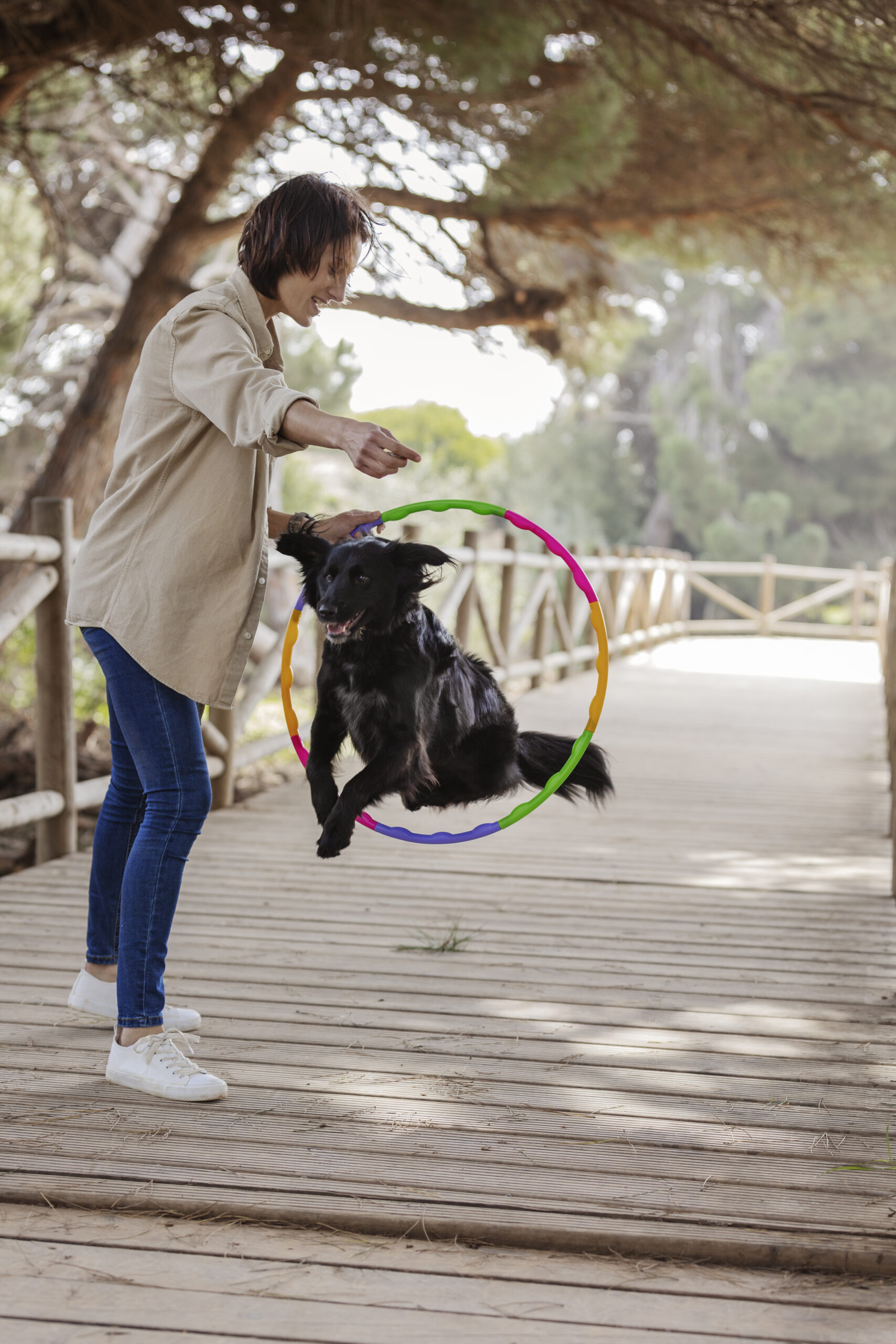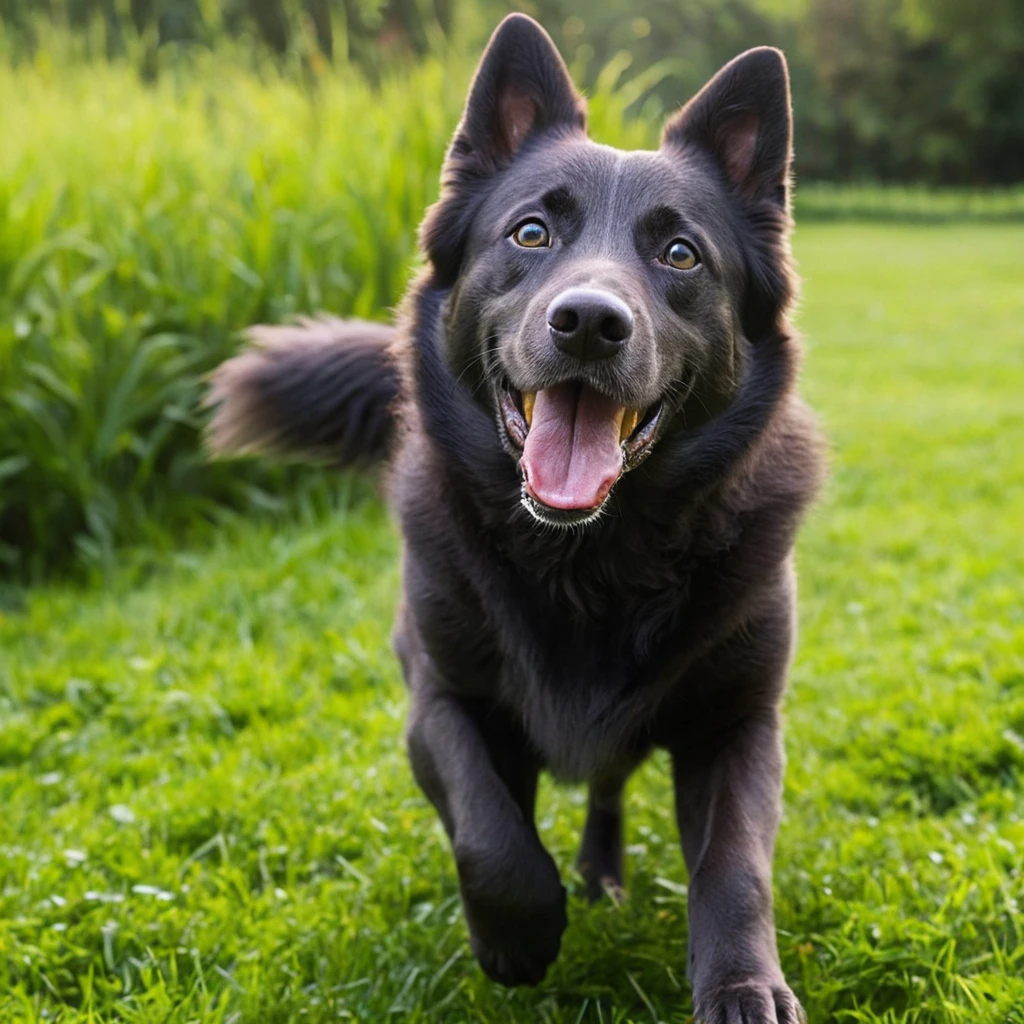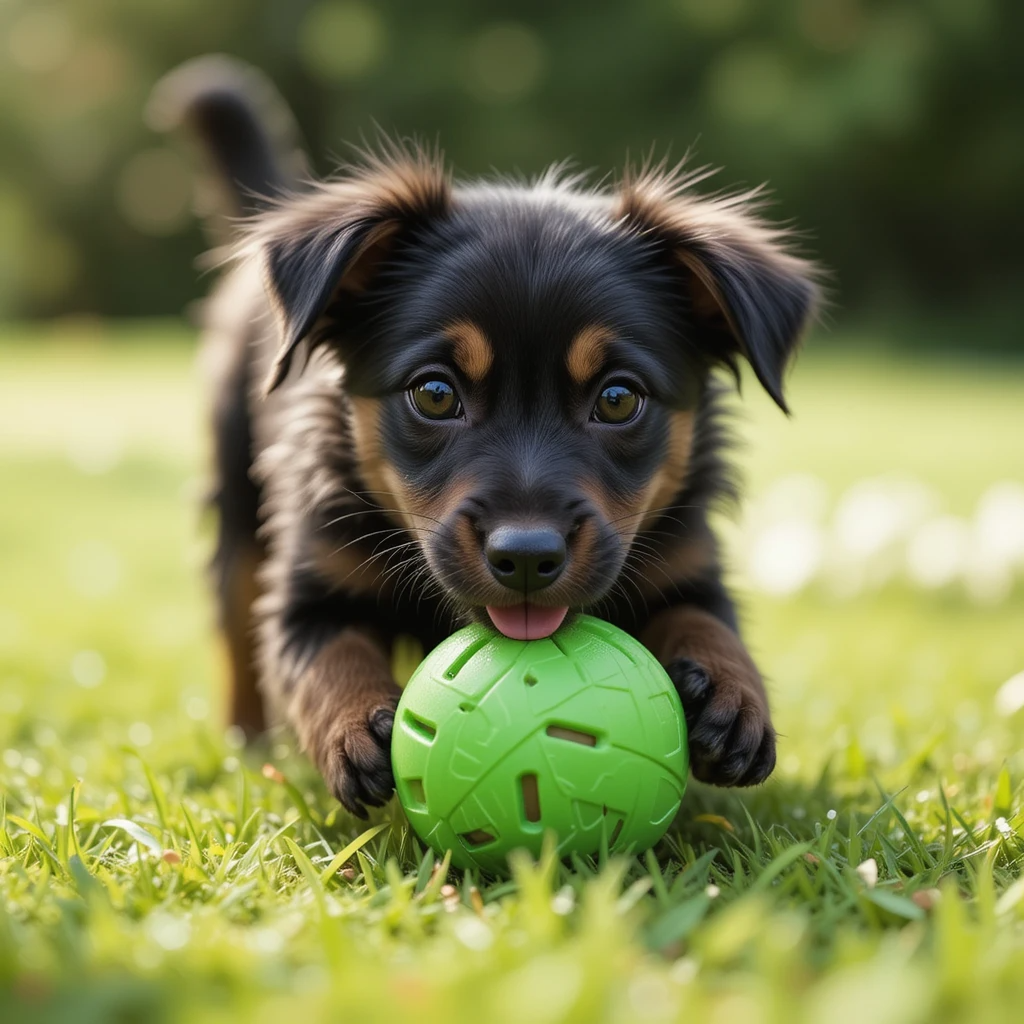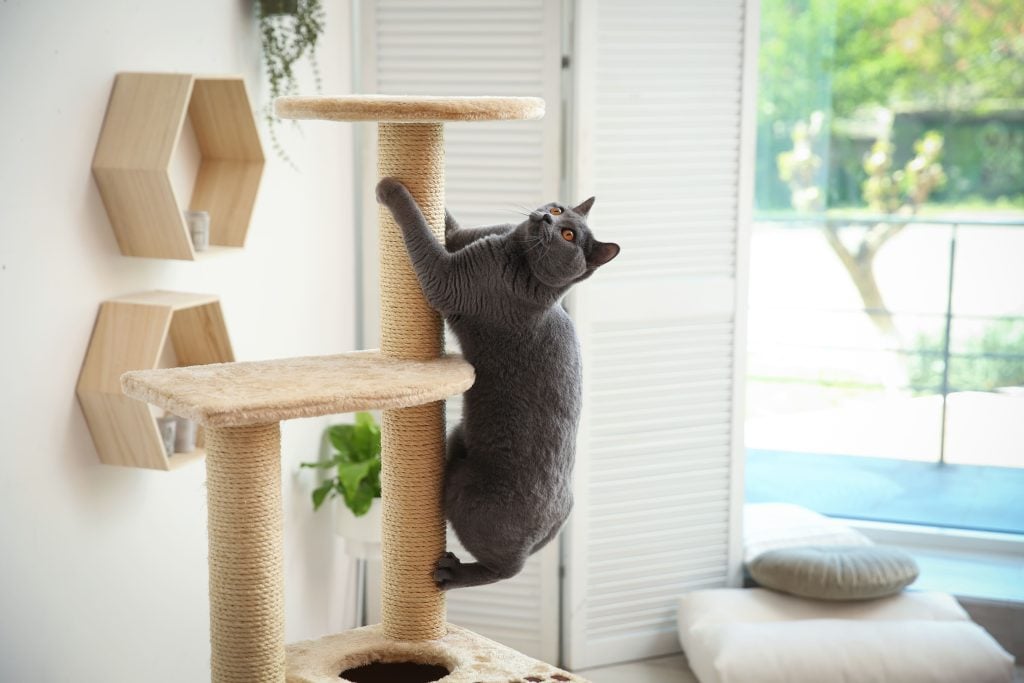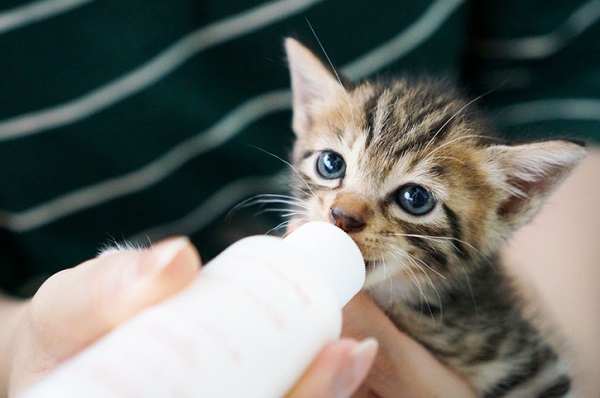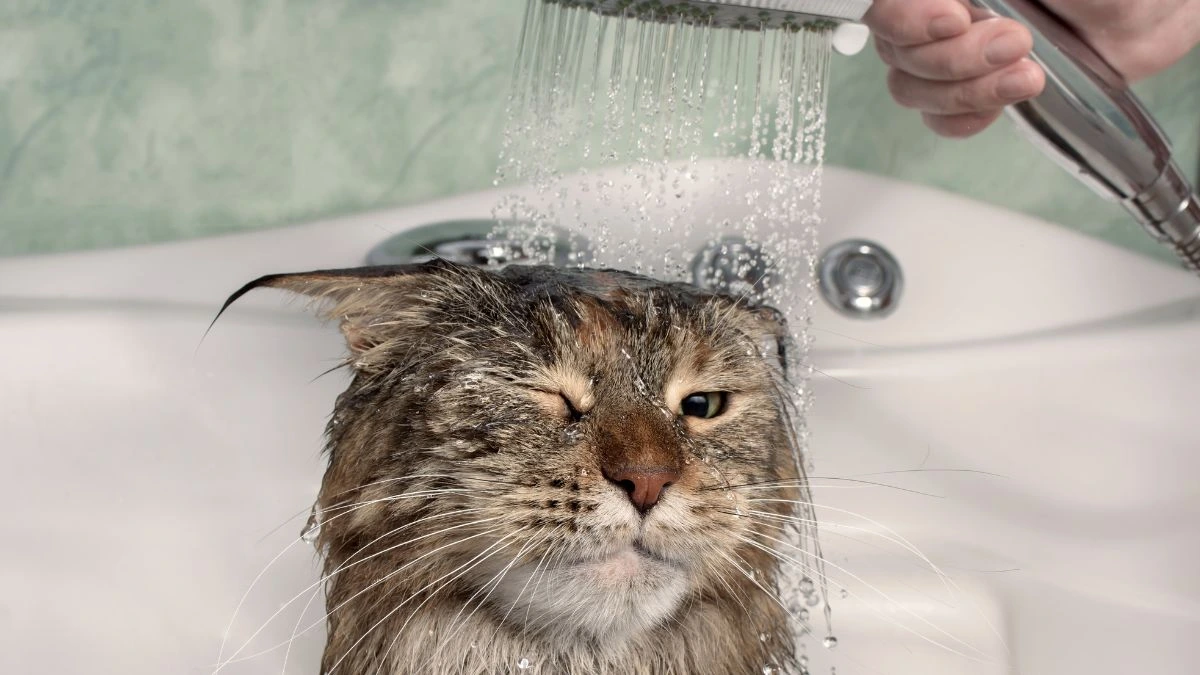Play is far more than just fun and games for your pet—it’s a vital part of their physical, mental, emotional, and social development. Whether you have a high-energy puppy, a curious kitten, or an older dog or cat, engaging in regular playtime helps keep them healthy, happy, and balanced.
In this article, we’ll explore the many reasons why play is essential for your pet, the different types of play they need, and how you can incorporate more joyful interaction into your daily routine—even on busy days.
Why Play Matters for Dogs and Cats
Play is a natural behavior for animals. It mimics hunting, chasing, exploring, and problem-solving—all key survival skills in the wild. But in a domestic setting, play helps pets thrive in different ways:
🧠 Mental Stimulation
Play challenges your pet’s brain, keeping them sharp and engaged. Boredom can lead to destructive behaviors like chewing, scratching furniture, or excessive barking/meowing.
💪 Physical Exercise
Regular play helps maintain a healthy weight, strengthens muscles and joints, and supports overall mobility—especially important for indoor pets.
😺 Emotional Balance
Play helps pets release built-up energy and stress. A tired pet is often a calmer, happier pet. It can also reduce anxiety and prevent depression, particularly in animals left alone during the day.
🐾 Social Skills
Interactive play teaches your pet boundaries, impulse control, and communication. Whether with humans or other animals, play can help build stronger relationships and reduce aggression.
Types of Play That Support Pet Development
Different kinds of play stimulate different parts of your pet’s mind and body. It’s important to offer a variety of activities based on their age, breed, and energy level.
1. Interactive Play (You + Your Pet)
- Examples: Fetch, tug-of-war, chase, or laser pointer games.
- Benefits: Builds trust, reinforces training, and strengthens your bond.
2. Independent Play
- Examples: Puzzle feeders, chew toys, cardboard boxes, or treat-dispensing balls.
- Benefits: Encourages self-soothing and problem-solving when you’re not around.
3. Social Play (Pet + Pet)
- Examples: Playdates with other dogs or cats, dog park time, or multi-pet homes.
- Benefits: Helps pets learn how to interact respectfully with others.
4. Training as Play
- Examples: Teaching new tricks or commands using positive reinforcement.
- Benefits: Mental stimulation plus bonding—and it feels like a game to them!
How Much Play Does Your Pet Need?
The amount of play depends on factors like species, age, breed, and health. Here are some general guidelines:
🐶 Dogs:
- Puppies: Need several short play sessions daily (5–15 minutes each).
- Adult dogs: 30–60 minutes of active play and/or exercise daily.
- Seniors: Less intense play but still benefit from light activity and mental games.
🐱 Cats:
- Kittens: 3–4 play sessions of 10–15 minutes a day.
- Adult cats: At least 20–30 minutes of active play.
- Senior cats: Gentle play that encourages movement and curiosity.
Remember, quality matters more than quantity. A short, high-quality session where your pet is fully engaged can be more beneficial than hours of passive time.
Signs Your Pet Needs More Playtime
Not sure if your pet is getting enough stimulation? Look out for these signs:
- Destructive behavior (chewing, scratching, digging)
- Excessive barking, meowing, or whining
- Restlessness or hyperactivity
- Weight gain or lethargy
- Attention-seeking behavior
- Over-grooming or anxious pacing
These can all be signs that your pet is bored, under-stimulated, or craving attention—and play is often the easiest fix.
Creative and Inexpensive Play Ideas
You don’t have to buy expensive toys or gadgets. Some of the best playtime ideas are free or homemade:
For Dogs:
- Tug-of-war with an old towel
- Hide and seek (you or their favorite toy)
- Frozen treats in a muffin tin
- Obstacle courses made from furniture
For Cats:
- Crumpled paper balls or bottle caps
- Feather toys or strings (always supervise!)
- Cardboard boxes and paper bags
- DIY puzzle feeders with toilet paper rolls
Rotate toys every few days to keep things fresh and exciting!
Playtime Builds Stronger Bonds
One of the most beautiful benefits of play is how it deepens your relationship with your pet. When you engage in play:
- You become a source of joy and positive energy
- Your pet learns to trust and respect you
- You both create happy, shared memories
Even just five minutes of focused play each day can make a huge difference in how your pet feels—and how they behave.
Final Thoughts: Play Is More Than Fun—It’s Essential
For your pet, play is not a luxury—it’s a daily need. It shapes their physical health, boosts their emotional well-being, and helps them feel connected to you and their environment.
Whether it’s chasing a ball, solving a food puzzle, or simply rolling around on the floor together, make time to play every day. It’s one of the most meaningful and rewarding ways to care for your furry family member.
And don’t forget: a pet who plays is a pet who thrives.

